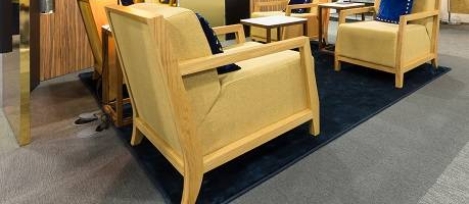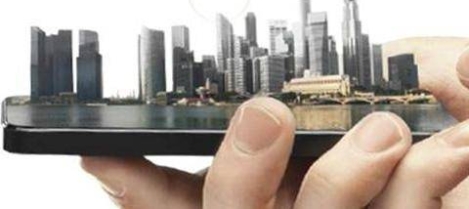June 21, 2016
Ageing workforce requires employers to better address skills gaps 0
 The Government’s 2016 Working Futures report revealed that the total number of jobs in the UK is expected to rise by 1.8 million between 2014 and 2024, while the working age population (16-64) is expected to increase by half this amount. Now a policy event being held in London by the Westminster Employment Forum will draw attention to the growing challenge faced by business leaders as the UK workforce continues to age. According to figures from the CIPD, 9.4 million people in employment in the UK are over the age of 50, equivalent to over 30 per cent of the workforce. The Open University is advising that, with employees staying in work longer, business leaders need to ensure that workers have the right access to education and the skills to remain competitive and productive at all stages of their careers. Ageing Workforce in the UK, will explore what steps need to be taken in order to adapt to this demographic shift.
The Government’s 2016 Working Futures report revealed that the total number of jobs in the UK is expected to rise by 1.8 million between 2014 and 2024, while the working age population (16-64) is expected to increase by half this amount. Now a policy event being held in London by the Westminster Employment Forum will draw attention to the growing challenge faced by business leaders as the UK workforce continues to age. According to figures from the CIPD, 9.4 million people in employment in the UK are over the age of 50, equivalent to over 30 per cent of the workforce. The Open University is advising that, with employees staying in work longer, business leaders need to ensure that workers have the right access to education and the skills to remain competitive and productive at all stages of their careers. Ageing Workforce in the UK, will explore what steps need to be taken in order to adapt to this demographic shift.


































June 18, 2016
Productive workplaces + Long hours link to ill health + Coworking rise 0
by Sara Bean • Cities, Comment, Environment, Facilities management, Flexible working, Furniture, Newsletter, Technology, Wellbeing, Workplace